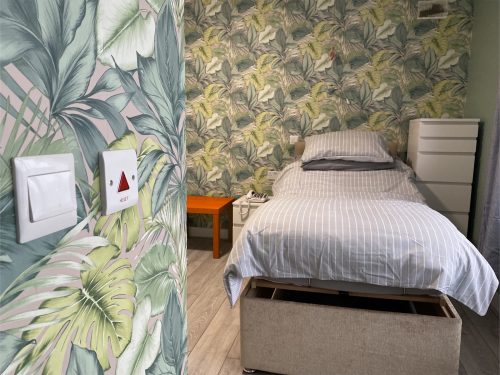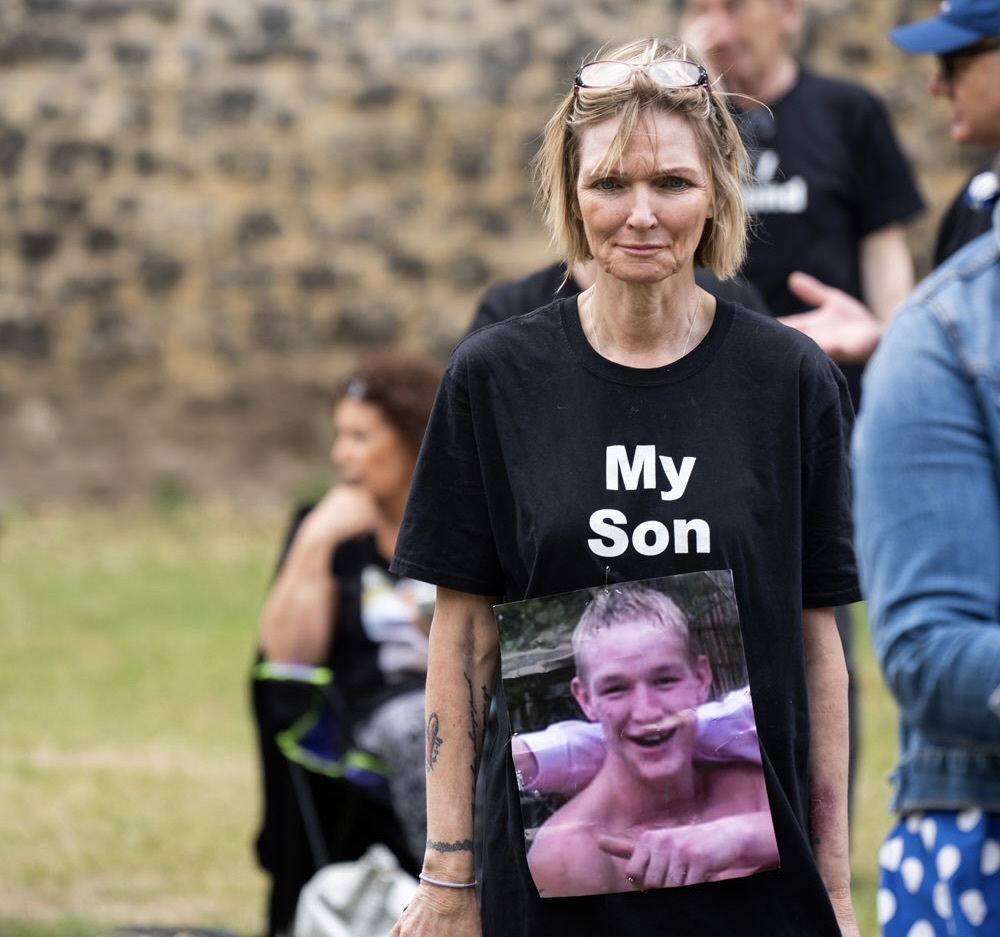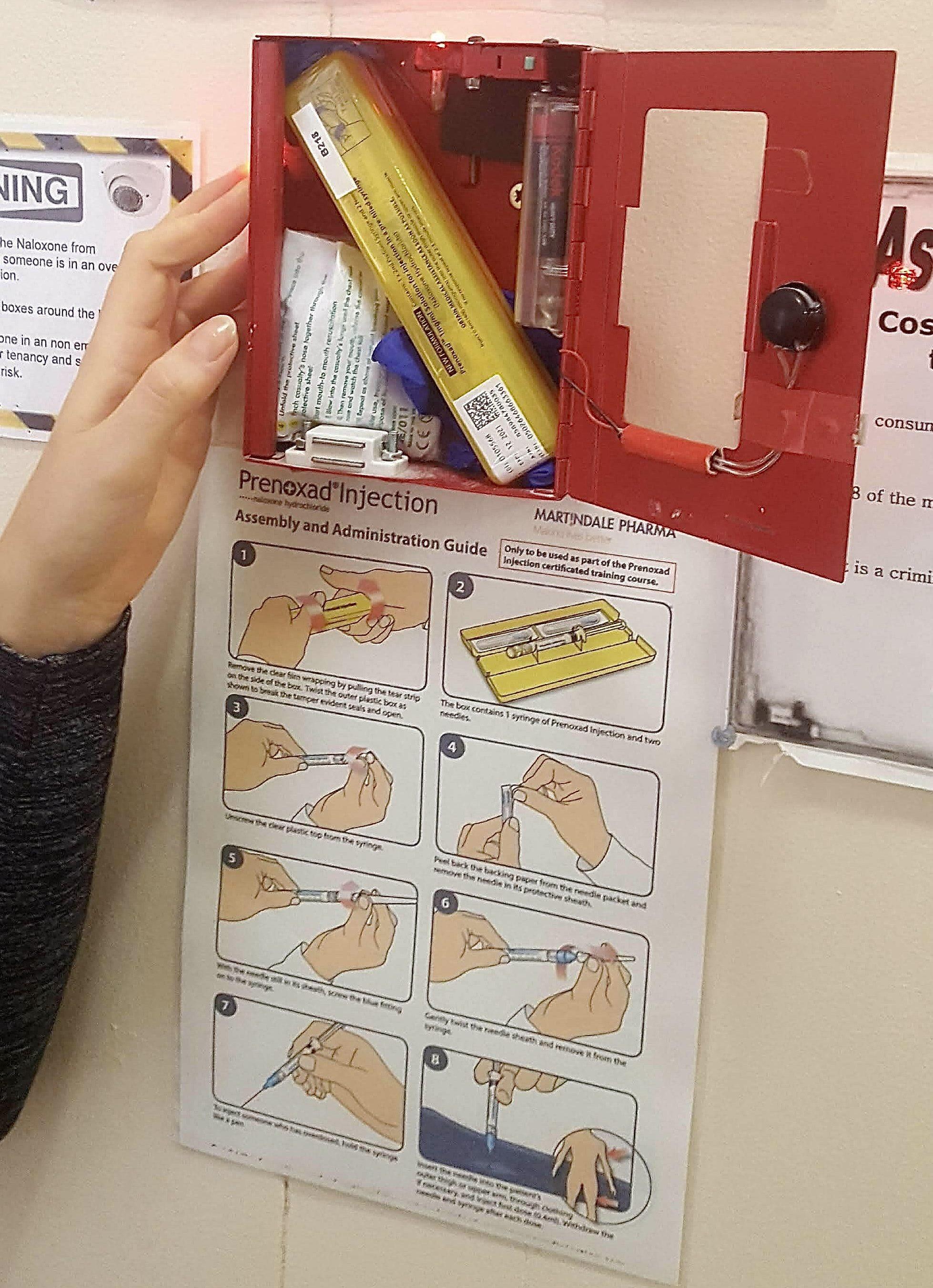What is Enhanced Harm Reduction Housing?
Enhanced Harm Reduction Housing (EHRH) recognises many homeless people currently use drugs in hostels or on the street alone, and die from overdoses, or rush injections causing other harms. EHRH instead encourages people planning to use in their own rooms to tell staff first so they can be checked on and treated. Policies are carefully worded and delivered to ensure the provider and staff do not breach the Misuse of Drugs Act (MDA).
This approach has already saved many lives and can save many more.
Why is it needed?
On any given night, 20,000 people are staying in hostels or similar supported accommodation, with 3,000 more people sleeping rough and numbers are rising. Over 60% of these people have drug-related problems. 259 homeless people died from drugs in England & Wales in 2021. Many were using alone and in secret in their homeless accommodation because drug use wasn’t allowed. Or on the street as they had been excluded - or perhaps were trying to avoid exclusion - from housing services which prohibit drug use.
Simon Community Scotland: Saving lives
After Simon Community Scotland introduced this approach, they saw drug-related deaths among residents fall from 17 in 2020, to 1 in 2021. This short video also underlines how the relationship between residents and staff is changed by this approach.



